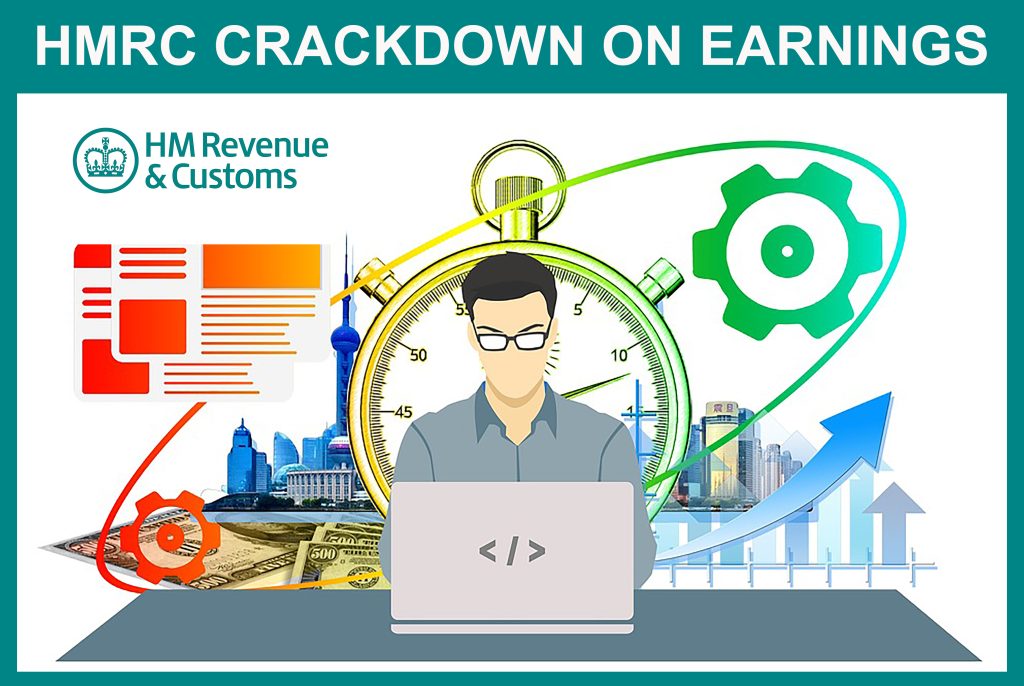Workplace Recycling Reform in Wales: A Sustainable Future
Workplace recycling in Wales has undergone a significant transformation in recent years. The Welsh government, in its commitment to building a greener, more sustainable future, has been at the forefront of advocating for and implementing reforms in recycling practices in workplaces across the country. These reforms aim to reduce waste, increase recycling rates, and minimize the environmental impact of businesses.
The Importance of Workplace Recycling
Recycling is a fundamental pillar of environmental sustainability. By recycling in the workplace, businesses can significantly reduce their carbon footprint, minimize waste sent to landfills, and conserve valuable resources. This shift towards sustainable practices aligns with global efforts to combat climate change, and it’s essential for businesses to play their part.
Workplace Recycling Reforms
Wales has taken several key steps to promote workplace recycling and foster a culture of environmental responsibility:
- The Landfill Disposal Ban: In 2021, Wales implemented a ban on the disposal of biodegradable waste in landfills. This policy change has encouraged businesses to seek alternatives to sending waste to landfills, pushing them towards more sustainable practices, including recycling.
- Extended Producer Responsibility (EPR): EPR laws have been implemented in Wales, which shift the financial responsibility for recycling onto producers. This encourages manufacturers to reduce waste in their products and invest in sustainable packaging, making recycling easier in the workplace.
- The Circular Economy: The Welsh government has adopted a circular economy strategy, aiming to reduce waste generation and promote recycling by emphasizing product reuse, repair, and recycling. This approach is transforming how businesses view their products and waste, pushing them to adopt more sustainable practices.
- Recycling Targets: Wales has set ambitious recycling targets, aiming to recycle 70% of waste by 2025 and 100% by 2050. Businesses play a crucial role in achieving these targets, motivating them to invest in efficient recycling systems.
Implications for Businesses
These workplace recycling reforms come with both challenges and opportunities for businesses in Wales:
- Compliance and Costs: Businesses may face initial costs and logistical challenges in complying with the new regulations. However, investing in sustainable practices can lead to long-term cost savings, improved corporate reputation, and access to new markets.
- Resource Efficiency: By adopting recycling and waste reduction practices, businesses can become more resource-efficient, ultimately improving their bottom line.
- Innovation: The shift towards a circular economy encourages businesses to innovate in product design, packaging, and waste management. Companies that embrace these changes can gain a competitive edge.
- Brand Image: Companies that actively engage in workplace recycling and demonstrate their commitment to sustainability are likely to enhance their brand image and appeal to environmentally conscious consumers.
Implications for Employees
The workplace recycling reforms in Wales also have implications for employees:
- Training and Awareness: Employees may need training to understand the new recycling processes and the importance of their role in achieving sustainability goals.
- Engagement and Satisfaction: Being part of an environmentally responsible workplace can boost employee morale and job satisfaction. People often prefer working for companies that align with their values.
- Educational Opportunities: The focus on sustainability can provide employees with opportunities for growth and skill development in areas related to environmental management and sustainability.
List Of Things That Will Be Recycled
Recycling programs can vary by location and available facilities, so the specific items that can be recycled may differ. However, the following is a general list of common items that are often recyclable in many recycling programs:
- Paper Products:
- Newspapers
- Magazines
- Office paper
- Cardboard
- Paperboard (cereal boxes)
- Junk mail
- Phone books
- Cardboard:
- Cardboard boxes
- Corrugated cardboard
- Glass:
- Glass bottles
- Glass jars
- Plastic Containers:
- Plastic bottles (water, soda, detergent)
- Plastic jugs (milk, juice)
- Plastic food containers (yogurt, margarine)
- Plastic lids and caps
- Metal Cans:
- Aluminum cans
- Steel cans (tin cans)
- Electronics:
- Computers
- Cell phones
- Printers
- Televisions
- Other electronic devices
- Batteries:
- Household batteries (alkaline, rechargeable)
- Automotive batteries
- Textiles:
- Clothing
- Shoes
- Textile scraps
- Household Items:
- Lightbulbs (compact fluorescent and LEDs)
- Small appliances
- Tires:
- Used automobile tires
- Furniture:
- Wood and metal furniture
- Plastic Bags:
- Grocery bags
- Shopping bags
- Plastic film
- Aerosol Cans:
- Empty aerosol cans
- Cooking Oil:
- Used cooking oil
- Scrap Metal:
- Aluminum, copper, steel, and other metal scraps
- Hazardous Waste:
- Items like paint, chemicals, and certain cleaning products need specialized recycling or disposal.
- Organic Waste (Composting):
- Food scraps
- Yard waste (leaves, grass clippings)
- Construction and Demolition Waste:
- Materials such as concrete, bricks, wood, and drywall
It’s essential to check with your local recycling program or facility to understand which specific materials they accept and any guidelines for preparation (e.g., cleaning or separating items). Additionally, recycling programs can change over time, so staying updated on what is currently recyclable in your area is a good practice. Workplace recycling | GOV.WALES
Conclusion
Workplace recycling reform in Wales reflects a broader global trend towards sustainability and environmental responsibility. Businesses and employees in Wales must embrace these changes to help the country achieve its ambitious recycling targets and contribute to a more sustainable future. While there may be initial challenges, the long-term benefits, including cost savings and improved brand image, make the shift toward workplace recycling a worthy endeavor for all. As businesses continue to adapt and innovate, they play a pivotal role in shaping a greener and more environmentally responsible Wales.
#walesworkplacerecycling #workplacerecycling #recycling #walesrecycling #cymrurecycling #sustainability #landfills
Further Reading
- Workplace recycling | GOV.WALES
- First Minister’s Questions: As it happened on 17 October – BBC News
- Proposed changes to business recycling in Wales – Cardiff Trade Waste
ADVERTISEMENTS
















